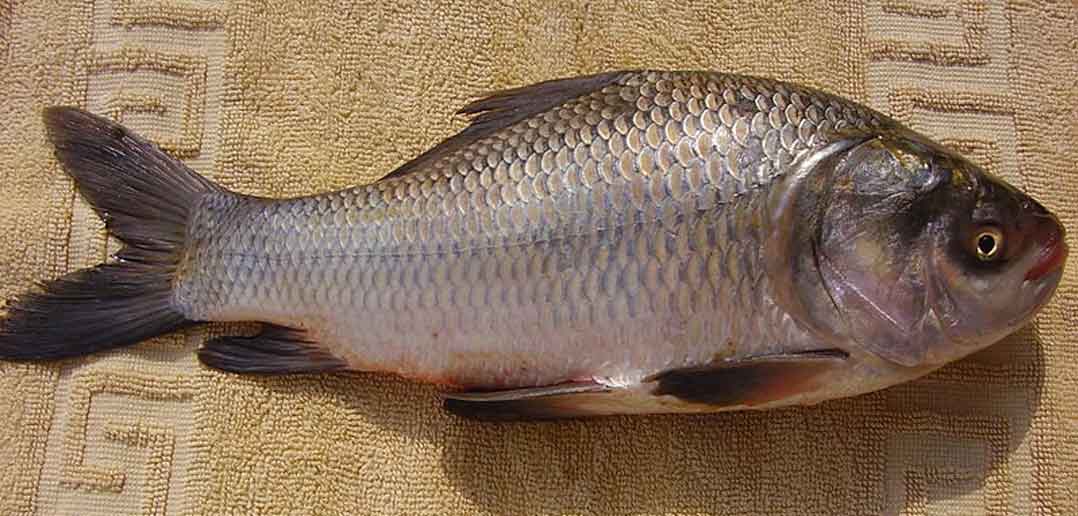ONTARIO—A representative of the Sierra Club of Ontario and the co-chair of Restore Our Water International (ROWI), Mary Muter, is hopeful that the Canadian government will abide by its promise to provide more funding toward protection of the Great Lakes to, among other things, combat invasive species like Asian Carp. This comes after the U.S. government passed a federal appropriations bill to provide $300 million in funding.
“We are hoping that under Justin Trudeau the federal government will live up to its campaign promises and provide additional funding to Great Lakes protection and initiatives,” said Ms. Muter, in an interview with the Recorder last week. “He seems ready to meet his campaign promises.”
The Gaylord Herald Times reported in its December 20, 2015 edition that an end of the year spending bill will fund the (U.S.) federal government for the next year while also bringing billions of dollars in funding to the Great Lakes. U.S. Senators Debbie Stabenow and Gary Peters, who both sit on the Senate’s Great Lakes Task force, announced the new funding to be included in the Fiscal year 2016 Omnibus Appropriations Act, a bill which gives the U.S. Department of Treasury the ability to fund efforts in the fight against Asian Carp and other Great lakes restoration and protection efforts.
Included in the bill is $300 billion in funding for the Great Lakes Restorative Initiative––a multi-year plan aimed at restoring and preserving the Great Lakes by eliminating toxins, combating invasive species and promoting the general health of the Great Lakes, among other measures, while also formally establishing the program into law.
If passed into law, the legislation would also direct the U.S. Army Corps of Engineers to quickly establish emergency procedures to prevent Asian Carp from entering the Great Lakes, while accelerating ongoing efforts to find a strong solution.
These efforts would mostly be focused around what Ms. Stabenow called the “focal point” or “choke point” of the fight against Asian carp-that being the Brandon Road Lock and Dam, located approximately 27 miles south of Chicago, reported the Gaylord Herald Times. She said this bill would require the Army Corps of Engineers to increase their focus on finding new technologies and find potential solutions quickly than the approximately four years Army Corps officials previously have said it could take.
Ms. Stabenow said the Army Corps currently does not have any formal emergency procedures in place in the event a number of Asian carp are able to navigate through the electric barriers at the Brandon road lock and dam. If the bill passes, they would be directed to implement such procedures.
“That (U.S.) funding was part of a promise made a long while ago by President Barack Obama,” said Ms. Muter. “Originally he had promised $5 billion in funding towards the Great Lakes, and then this went down to $500 million and now $300 million. Part of the money will go towards options looking at how to control Asian Carp.”
“The U.S. Funding makes the funding being provided by the Canadian government of $30 million pale in comparison,” said Ms. Muter. “And of that $30 million on the Canadian side includes salary for Ministry of the Environment and Environment Canada staff. The funding being provided is a drop in the bucket compared to what is being provided by the U.S. government. But we are hoping Mr. Trudeau is going to change and add to this. We are hopeful.”




